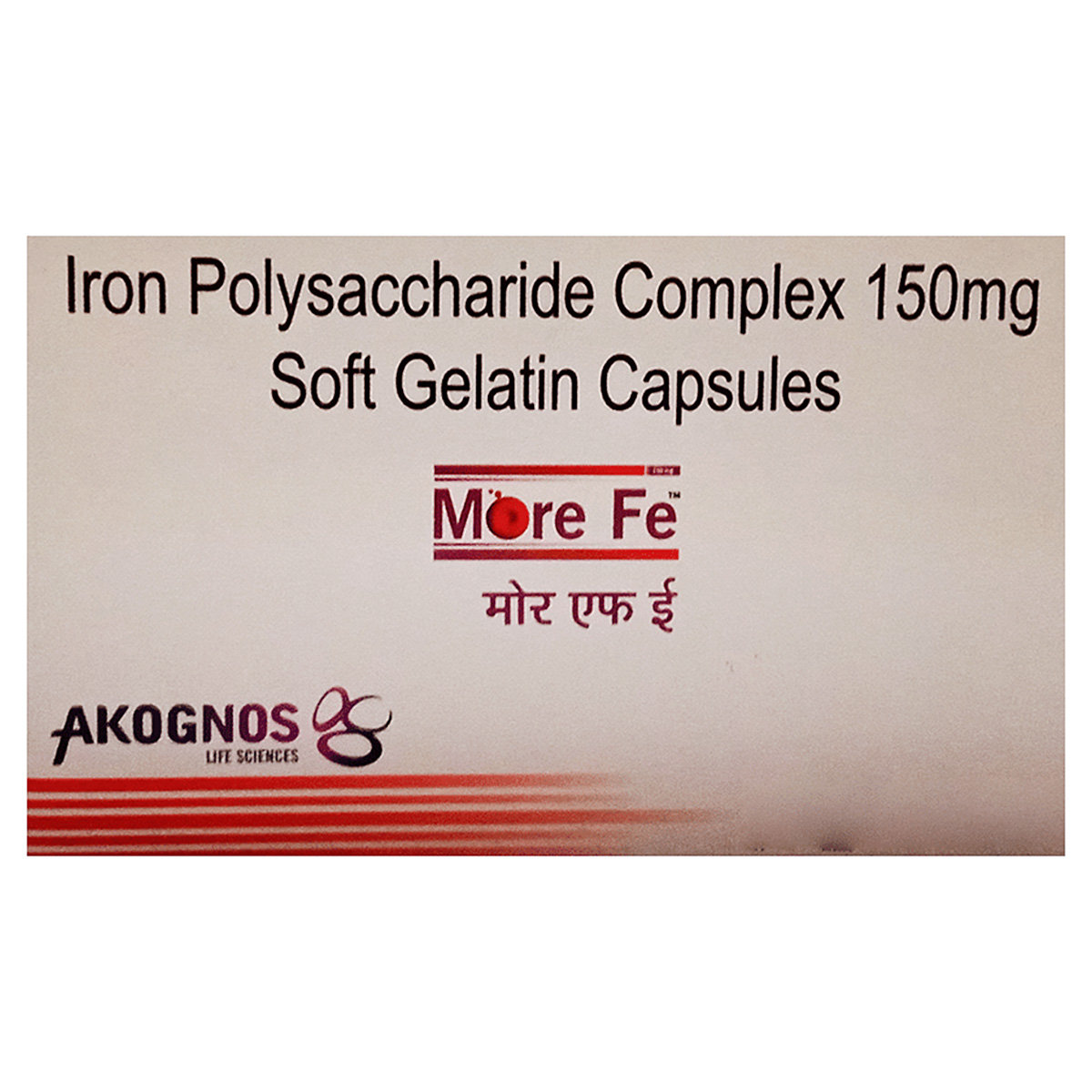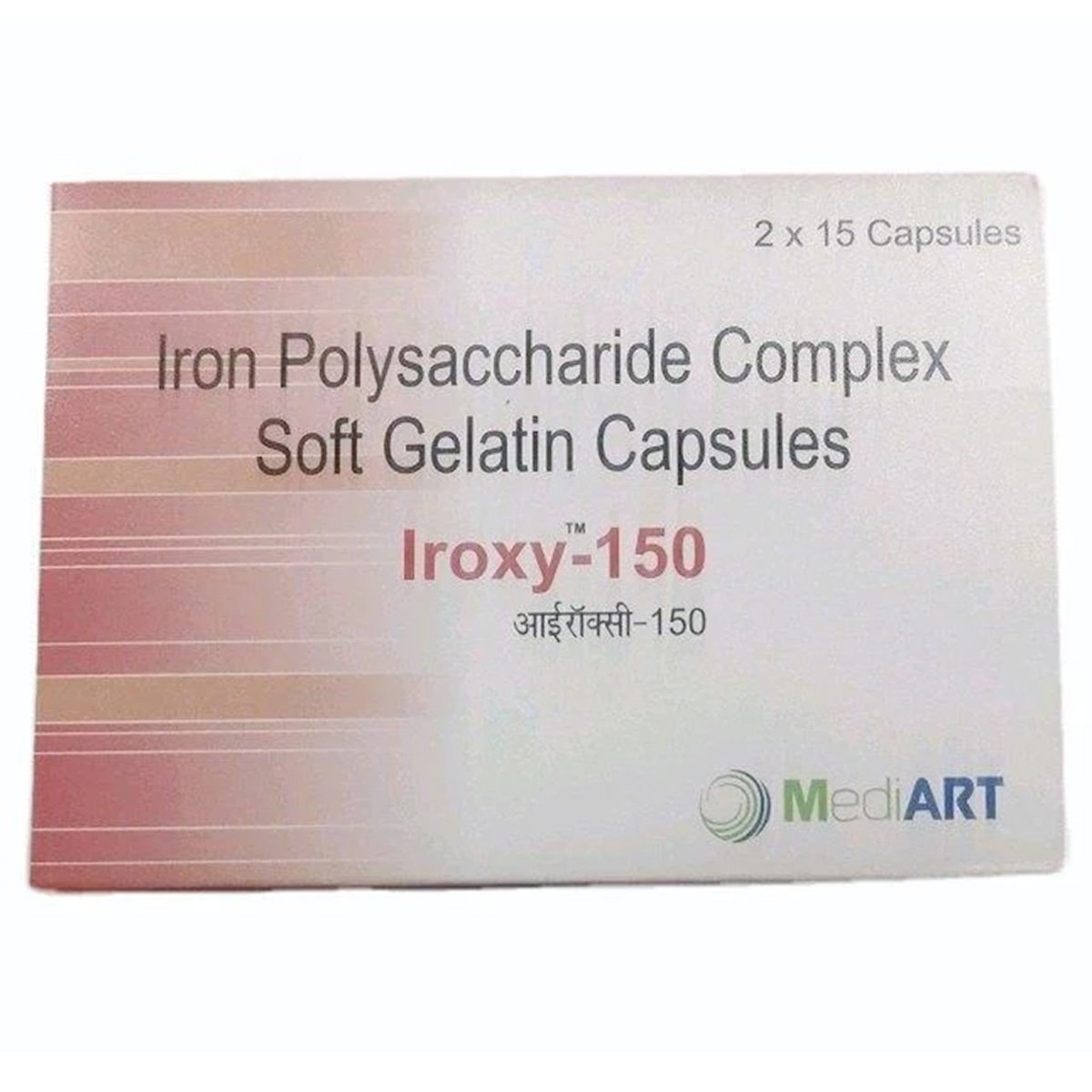Human Prothrombin Complex
About Human Prothrombin Complex
Human Prothrombin Complex belongs to hemostatic agents used to prevent and treat bleeding, mainly used to rapidly reverse anticoagulation caused by blood thinners like warfarin during severe bleeding or when emergency surgery or invasive procedures are required.
Human Prothrombin Complex contains clotting factors (Factor II, Factor VII, Factor IX, Factor X), which work by replenishing vitamin K-dependent coagulation factors and antithrombotic proteins to restore normal blood clotting and prevent excessive bleeding.
In some cases, Human Prothrombin Complex may cause side effects such as headache, nausea, vomiting, and dizziness. Most of these side effects do not require medical attention and gradually resolve over time. However, if the side effects persist or worsen, please consult your doctor immediately.
Inform your doctor if you are allergic to any components in Human Prothrombin Complex or have conditions like disseminated intravascular coagulation or heparin-induced thrombocytopenia. Inform your doctor about any history of thromboembolic events, seizures, or liver/kidney impairments. Talk with your doctor if you have had a heart or blood vessel-related event within the past 3 months, including a heart attack, stroke, transient ischemic attack, unstable angina, severe peripheral vascular disease, or blood clots. Consult your doctor if you are pregnant, planning to become pregnant, or breastfeeding. The safety and efficacy of Human Prothrombin Complex in pediatric patients under 18 years of age have not been established. Let your doctor know if you use any prescription or nonprescription medications, including vitamins or mineral supplements or herbal products.
Uses of Human Prothrombin Complex
Medicinal Benefits
Human Prothrombin Complex is used to treat bleeding by providing essential clotting factors (II, VII, IX, and X). It is mainly used to quickly reverse the effects of blood thinners like warfarin in emergencies when there is severe bleeding or before surgery. Human Prothrombin Complex is also helpful for patients with haemophilia, liver disease, or vitamin K deficiency, as it replaces missing clotting factors and helps control bleeding. Additionally, it can be used to manage bleeding in conditions like disseminated intravascular coagulation (DIC).
Directions for Use
- Follow your doctor's instructions on the dosage and timing of this medication.
- Human Prothrombin Complex will be administered by a healthcare professional.
- Do not self-administer.
Storage
Side Effects of Human Prothrombin Complex
- Dizziness
- Headache
- Nausea
- Vomiting
- Hypotension (low blood pressure)
- Anemia (low red blood cells)
Drug Warnings
Do not take Human Prothrombin Complex if you are allergic to its components or have conditions like disseminated intravascular coagulation or heparin-induced thrombocytopenia. Inform your doctor about any history of thromboembolic events, seizures, or liver/kidney impairments. Talk with your doctor if you have had a heart or blood vessel-related event within the past 3 months, including a heart attack, stroke, transient ischemic attack, unstable angina, severe peripheral vascular disease, or blood clots. Consult your doctor if you are pregnant or breastfeeding. Human Prothrombin Complex's safety and efficacy in children are unknown. Keep your doctor updated on your health and medications to minimize side effects and interactions.
Drug Interactions
Drug-Drug Interactions: Human Prothrombin Complex may interact with antifibrinolytic agents (aminocaproic, tranexamic acid, and aprotinin), thrombin inhibitors (argatroban, lepirudin), and proteasome inhibitors (carfilzomib).
Drug-Food Interactions: No interactions found/established.
Drug-Disease Interactions: Inform your doctor if you have disseminated intravascular coagulation, heparin-induced thrombocytopenia, and thromboembolic complications.
Drug-Drug Interactions Checker List:
Safety Advice

Alcohol
cautionIt is not known if alcohol interacts with Human Prothrombin Complex. Please consult your doctor if you have any concerns. However, avoid alcohol to prevent unpleasant reactions.

Pregnancy
cautionInform the doctor if you are pregnant. Your doctor will prescribe it only if the benefits outweigh the risks.

Breast Feeding
consult your doctorConsult your doctor before receiving Human Prothrombin Complex while breastfeeding, as it's unclear if the medication passes into breast milk.

Driving
consult your doctorThe effect of Human Prothrombin Complex on driving or operating heavy machinery is unknown. Drive or operate machinery only if you feel alert.

Liver
safe if prescribedPlease consult the doctor if you have liver impairments or diseases. The doctor may suggest it only if the benefits outweigh the risks.

Kidney
cautionIf you have kidney impairments, inform your doctor before taking Human Prothrombin Complex. The doctor may suggest it only if the benefits outweigh the risks.

Children
consult your doctorConsult a doctor before giving Human Prothrombin Complex to children, as its safety and effectiveness in children have not been established.
Habit Forming
Diet & Lifestyle Advise
- Eat a balanced diet rich in vegetables and whole fruits.
- Include green leafy vegetables, soybean and canola oil, and fortified meal replacement shakes.
- Avoid smoking and alcohol consumption.
- Avoid processed and fried food.
- Exercising regularly helps in improving overall health.
- Rest well, and get plenty of sleep.
- Meditation and yoga can help lower stress.
Patients Concern
Disease/Condition Glossary
Vitamin K deficiency: Vitamin K deficiency occurs due to inadequate production, dietary intake, absorption, or storage. Symptoms include easy bruising, nosebleeds, and bleeding due to impaired formation.
FAQs
Human Prothrombin Complex is used to prevent and treat bleeding. It is mainly used to rapidly reverse anticoagulation caused by blood thinners like warfarin during severe bleeding or when emergency surgery or invasive procedures are required.
Human Prothrombin Complex works by replenishing vitamin K-dependent coagulation factors and antithrombotic proteins, restoring normal blood clotting and preventing excessive bleeding.
Yes, Human Prothrombin Complex is effectively used in the prevention and treatment of bleeding.
Human Prothrombin Complex is administered by a healthcare professional through an intravenous (IV) infusion. Do not self-administer.
Yes, Human Prothrombin Complex is usually a safe and well-tolerated medication. However, it may cause side effects such as headache, nausea, vomiting, and dizziness.
The common side effects of Human Prothrombin Complex may include headache, nausea, vomiting, and dizziness. Most of these side effects do not require medical attention and gradually resolve over time. However, if they persist or worsen, please consult your doctor.
Please consult your doctor if you are pregnant or breastfeeding before taking Human Prothrombin Complex, as its effects on pregnancy and breastfeeding are not well known. Your doctor will suggest it only if the benefits outweigh the risks.







